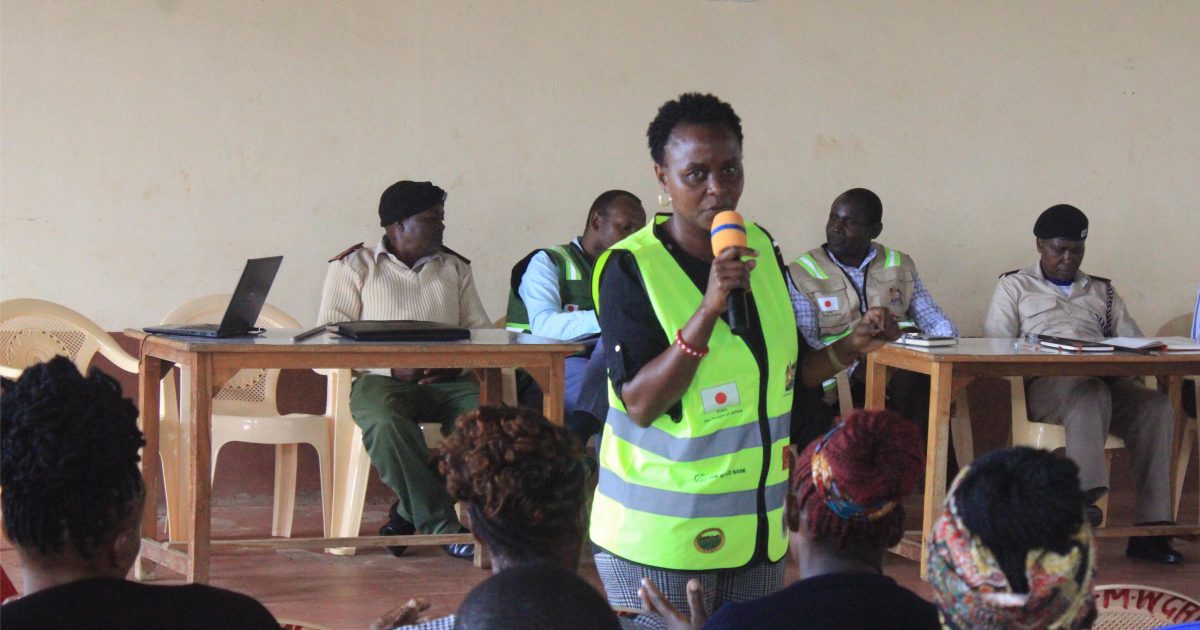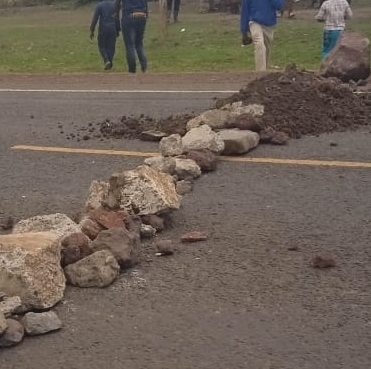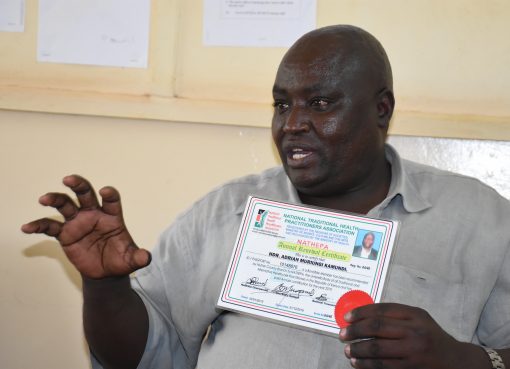Fifteen youth groups in Meru County have undergone 40 days of hands-on training on gender mainstreaming and integration aspects as they prepare to form their road rehabilitation companies.
The groups comprise beneficiaries from Community Road Empowerment (CORE), an organisation implementing an access roads rehabilitation project within Meru town, funded by the Japan Social Development Fund (JSDF) and administered by the World Bank.
CORE is trying to boost their social and economic status by encouraging and supporting them to form companies and small micro-enterprises (SMEs) and registering them through the Huduma centres.
The organisation’s Gender Expert Ms Rose Karimi said the main purpose of holding the training was to ensure that the trainees come up with companies that are gender sensitive. “During this training, I was also responding to the gender needs within the community and within their work that they will be doing,” she said.
“We also need to ensure that Meru County officers and departments that we are working with are aware of how they can also make their programmes gender responsive since they are the ones who do mobilisation on the trainees and once they are aware or they have a background on gender, then it becomes easy for them in terms of selections depending on the needs in the community,” said Ms Karimi.
Ms Karimi added that by holding the training, she was also out to demystify the society’s cultural norms, beliefs, and practises on gender considering that the Meru community is highly male-dominated. “We want to have more women in the infrastructure and to achieve this we need to sensitise the community on gender aspects,” said Ms Karimi.
For the first cohort, she added: “We trained them on gender mainstreaming to create awareness of gender aspects and to make their companies gender sensitive because they had already registered their companies.
She said the training output will be the gender action plan that the groups will use to re-evaluate their companies once they register them and see where to strengthen on issues of men and women who are members of the companies.
“If it is issues of education we are talking of skills, in labour and market we are talking about their ability to do the work within what they have, and being able to market themselves to different organisations that are there to offer them jobs such as Kenya Urban Roads Authority (KURA), Kenya Rural Roads Authority (KeRRA, and the County Government of Meru,” said Ms Karimi.
Safeguards Specialist Mr Paul Mboya added that the whole idea was aimed at implementing improved livelihood opportunities and accessibility for the underserved urban communities in Meru.
“The objective of the training was simply to create awareness about the role of gender in projects. Specifically, these groups have been trained on road rehabilitation using Do Nou technology and how to integrate gender into their activities and projects. This will grant them an upper hand in implementation and also give them creative ways of working on their projects,” said Mr Mboya.
Ms Edna Kawira Mutwiri from the County’s Department of Lands and Physical Planning said they were happy to see that women are taking up the space and doing what was earlier perceived as work reserved for men. “I think a majority of people who showed up for the training are ladies and we are happy that they are being engaged in a sector that has been lately filled with men.”
“We encourage them to go further and get more skills because it will help them in the long run as they educate and guide their children, help their spouses and help out in their households seeing that most households in these slum areas are run by single mothers,” said Ms Kawira.
She expressed her gratitude to CORE for creating the opportunity to the youth and giving them more information on how to start their companies after the training.
By Dickson Mwiti





